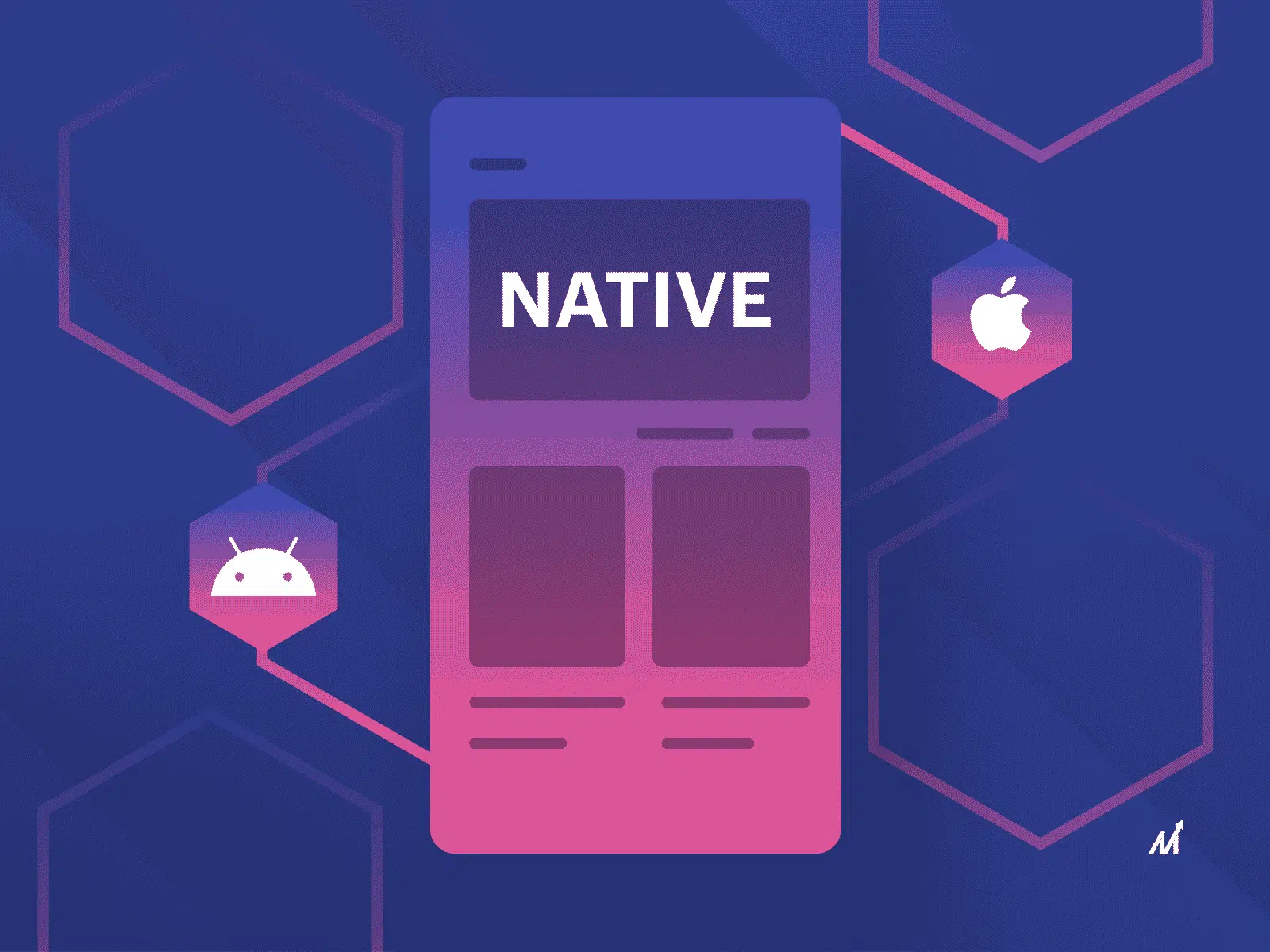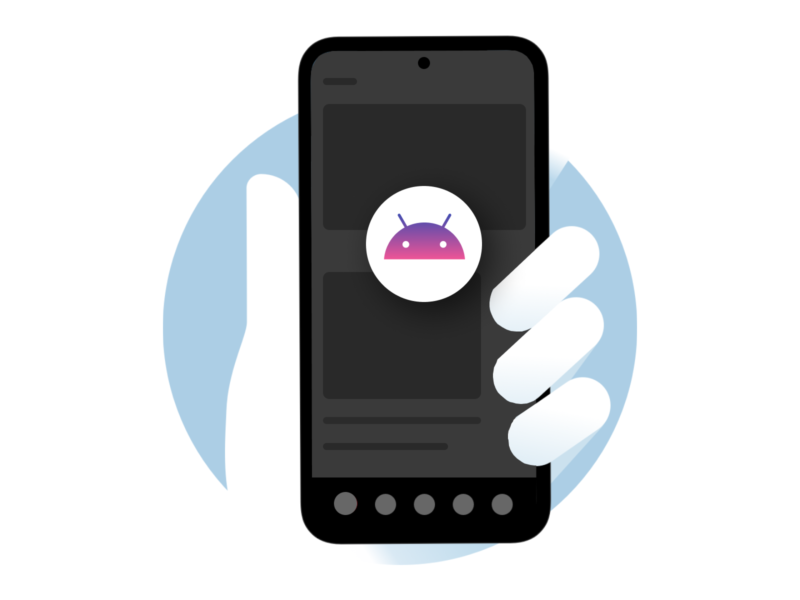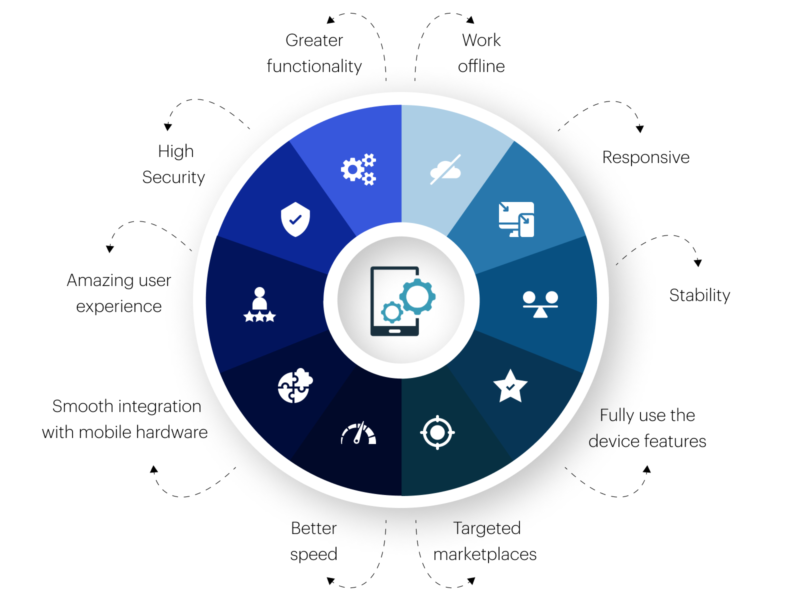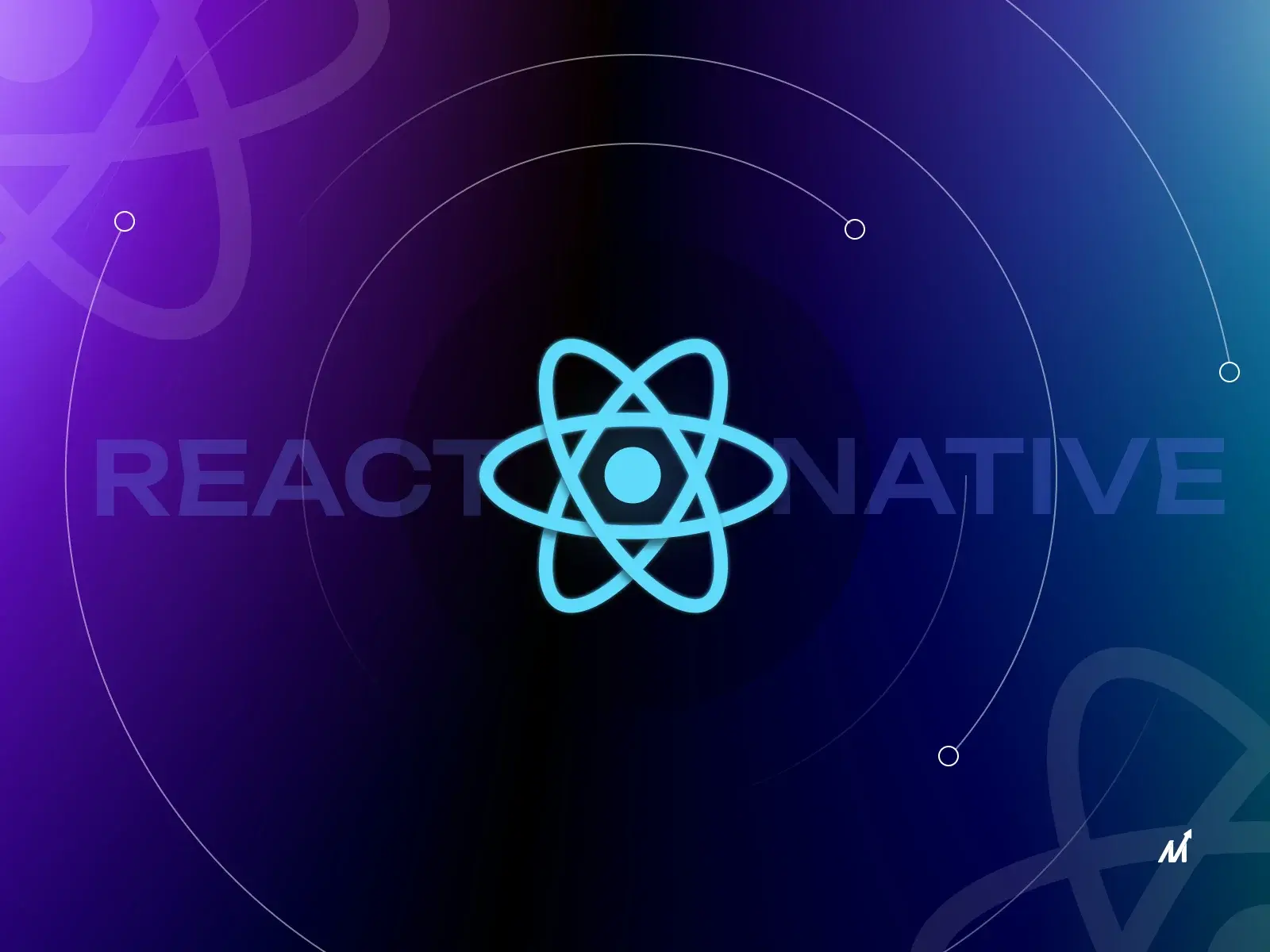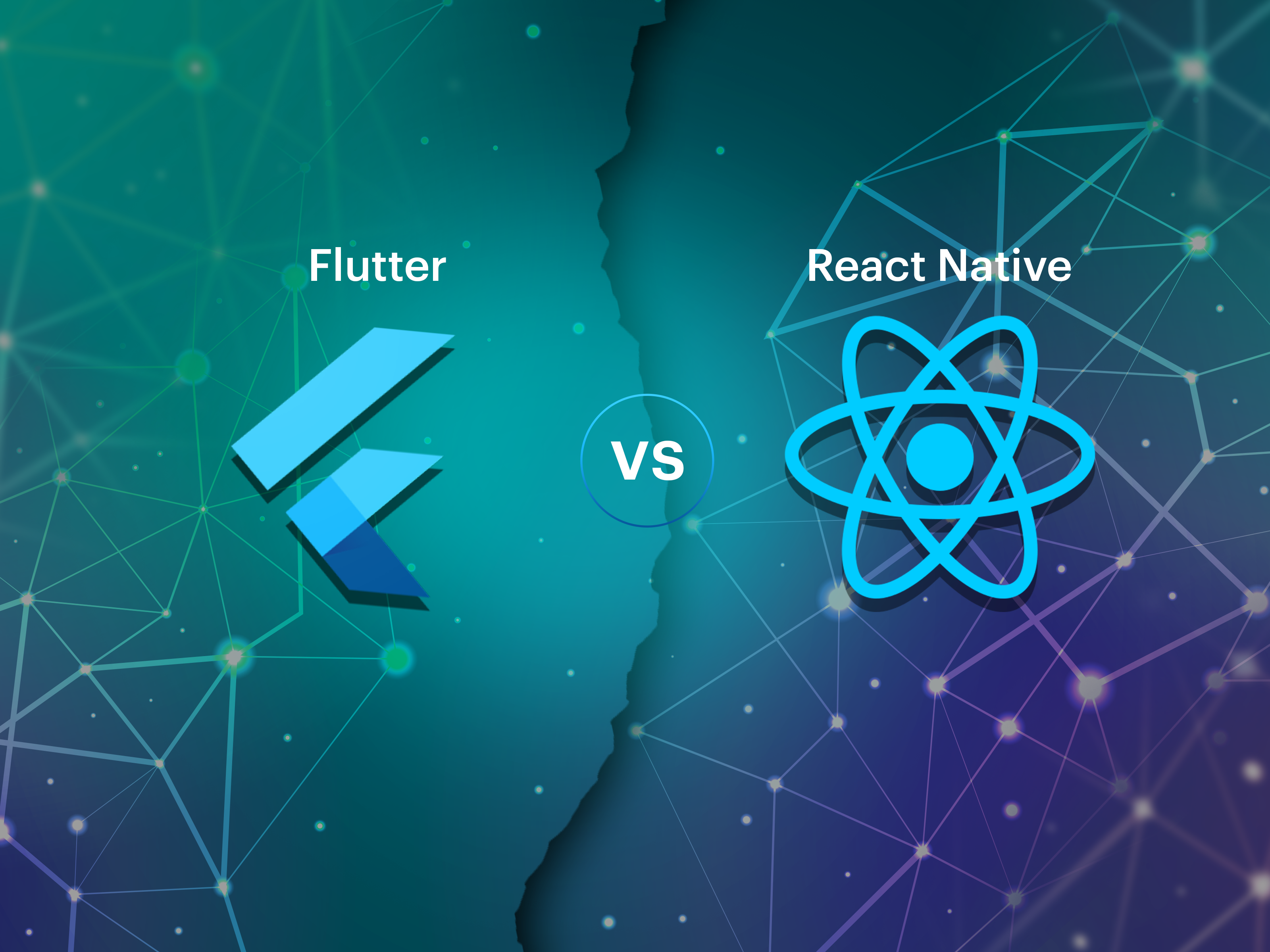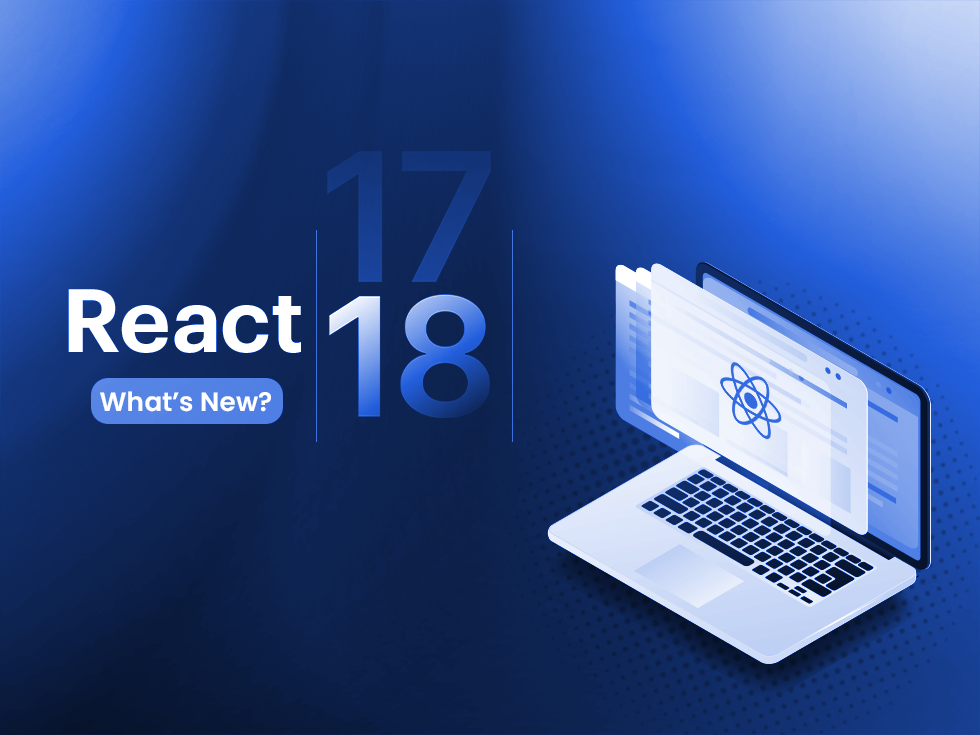Native App Development – Introduction
Every business needs a mobile app in the current world to both expand and remain relevant. Since 2015, mobile audiences have grown exponentially. Mobile phones are used for nearly 60% of all online activities, including meetings and shopping. This article will discuss native app development benefits and how they should be your strategy when creating mobile applications for businesses.
Mobile app creation is a lucrative economic strategy for corporations, but it can be difficult for app developers to produce a helpful app. Before making decisions about developing an app, businesses must take into account a variety of crucial factors. Numerous factors must be considered, such as:
- Picking the best mobile app and operating system (Android or iOS).
- Adding crucial functionality.
- Deciding between a native and hybrid platform.
While hybrid and native mobile app development have advantages and disadvantages, businesses tend to favor native apps.
Apps designed for a particular mobile platform are native apps built using the appropriate technologies and programming languages. Unlike Android apps, which are created using Java or Kotlin, iOS apps use Swift and Objective-C. The performance of native apps is typically high.
Native app development for iOS
Native app development benefits for iOS refer to developing apps solely for the iOS platform, mainly using the languages Objective-C and Swift. A distinct feature of iOS development is that source code is closed, i.e., you can only develop it on Apple hardware. Thus, for an iOS developer, a device like Mac is necessary to carry out debugging, developing, and testing.
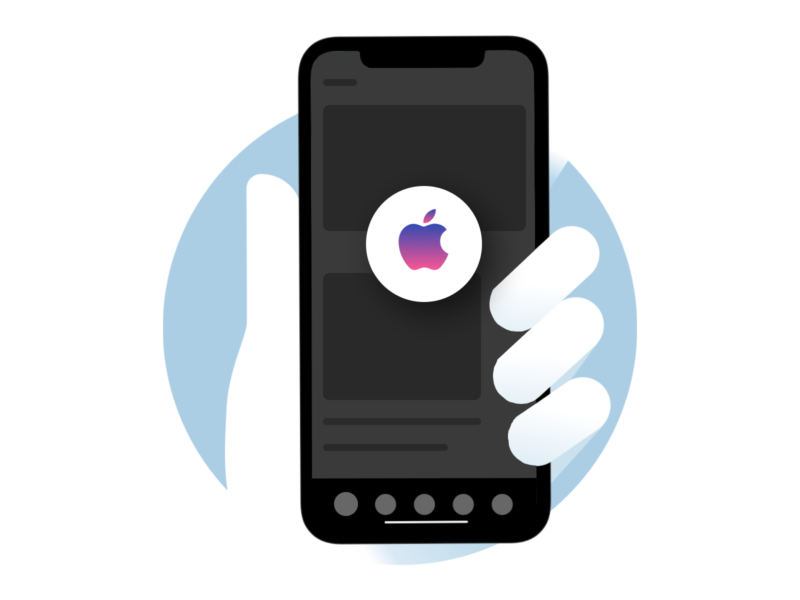
There are various tools and resources available to make the whole process smoother.
Apple provides a default IDE (Integrated Development Environment), XCode, with multiple features like a code editor, iOS SDKs (Software Development Kits), and debugging tools.
Apple developers have also created Swift playgrounds to help people step into this field know more about Swift, as it’s easier to learn and more widely used. They can learn, build and code light apps in an interactive environment.
There is also the provision of a great UI framework. SwiftUI helps to create interactive interfaces on all types of user devices. It’s easy to learn, comes with clean code, and offers the developer a range of features they might want to integrate to make the app look more attractive.
Native app development for Android
The prime languages for native app development in Android are Java, Kotlin, and C++. These apps are launched on the Playstore from where the users can download them. In addition, Android development has a ton of services supported by Google.
The official IDE for Android native app development is Android Studio which is bundled with Android SDKs. It makes Android development easier and faster and has extensive testing tools and frameworks, including a fast and highly functional emulator which can be used to preview the apps.
There are also advanced services outside of Android Studio, such as Firebase, a comprehensive platform developed by Google that can be used to create mobile and web applications.
Android Development is also assisted by Android Jetpack, a collection of Android software components in the form of libraries that help build complex apps more straightforward and productive.
Top 10 native app development benefits
1. Better speed
Native apps are much faster and perform better, exploiting the device’s processing speed to the maximum and minimizing the response time. In addition, many of the elements are preloaded and do not require fetching data from the web, saving loading time.
2. Smooth integration with mobile hardware
Integration with their respective hardware system is smoother as they are built for the specific operating system. In addition, these are backed by their different platform ecosystems and are quite compatible with screen sizes or even software versions.
3. Amazing user experience
Native apps most definitely provide the best user experience, which is possible, with enhanced UI/UX design. A combination of offline mode, push notifications, and seamless flow gives the user the power to use the app freely and smoothly. This might not be there in web apps or hybrid apps.
4. High Security
Native apps are quite secure as they can use the in-built security features of the operating system. As a result, it works through multiple layers of security protocols, and the chances of a data breach are less. In addition, everything can be coded into the app’s infrastructure and then encrypted to preserve data integrity.
5. Greater functionality
Working on native programming languages and APIs benefits operational native app development. There is better optimization of memory as well as storage achieved through code. For higher functionality, developers can integrate the latest features and hardware capabilities, such as GPS. Ultimately, it does provide greater interactivity and navigation.
6. Work offline
Since native apps are stored on your device, they do not depend on network connectivity and can work anytime, anywhere. This is a big plus as one does not need to worry about connection affecting their app performance constantly, making this a convenient feature.
7. Responsive
These apps are responsive and work on various screen sizes, customized per the user’s device. Native apps control the app orientation, size, and resolution better. These preserve the aspect ratio, which also maintains the quality of images and graphics.
8. Stability
iOS and Android are backed by a solid support, such as Apple and Google, which offer stability as you use their services for app development. They provide better security and credibility and offer extra tools, platforms, as well as plugins compatible with your app or IDE.
9. Fully use the device features
The device’s hardware and software are utilized fully by native apps. Cameras, microphones, GPS, as well as gesture-based controls, can all be used by the app, making it super powerful and giving it a USP. This ease of integration cannot be experienced elsewhere.
10. Have targeted marketplaces
There are targeted marketplaces for each platform which gives you a brand advantage. For instance, people might browse the Appstore or Playstore if they want to download apps, where even you can publish yours.
These marketplaces can also help you monetize when your app runs successfully and has many downloads.
Native app development vs. Hybrid vs. Cross-platform
Multiple factors need to be considered while choosing the best one for your product:
1. Tools Used
Native Apps: XCode, Android Studio, AppCode
Hybrid Apps: Visual Studio, Ionic
Cross-platform Apps: React Native, Flutter, Xamarin
2. Performance
Native Apps: High performance and user experience
Hybrid Apps: Slower performance
Cross-platform Apps: Slower performance
3. Rendering engine (which transforms the code into the visual and interactive representation)
Native Apps: Native
Hybrid Apps: Web
Cross-platform Apps: Native
4. Development time
Native Apps: Takes more development time, and app release can be delayed
Hybrid Apps: Faster time to market
Cross-platform Apps: Faster time to market
5. Cost
Native Apps: Costly development cycle
Hybrid Apps: Require moderate budget
Cross-platform Apps: Cost-efficient due to single codebase
6. Library dependency
Native Apps: Does not require; in-built features are sufficient
Hybrid Apps: Highly dependent on libraries and frameworks
Cross-platform Apps: Highly dependent on libraries and frameworks
Further Read: Native vs Hybrid vs Web: Which To Choose For App Development?
When to choose a native app development?
Native app development should be chosen when your business is ready to invest money in app development generously and has the vision of developing a smooth functioning and scalable app that integrates device hardware features. The supreme performance and range of features offered by native development can give your app the spotlight it needs, especially if you are starting.
Markovate’s app development services are here to assist you throughout this tedious app development process. Native development can be confusing and heavy, but Markovate ensures that your business has the best solution possible, customizable per your requirements.
Being a native app development company, our developers are well equipped with this platform-based technology. We offer an end-to-end development service that starts by analyzing both your business strategy and vision. We then work with a team of experts for designing and prototyping and skilled developers to build your app according to the appropriate tech stack. It is then put through multiple rounds of testing before finally being launched, thus resulting in minimal chances of errors or failure.
Native App Development – FAQs
1. Which one to choose and why – Native vs. Hybrid Apps?
Both have their pros and cons, and it purely depends on the business requirements. One must consider factors like cost, time to market, user experience, as well as knowledge of programming languages.
B. Why is native app development better?
Native app development improves performance, user experience, functionality, scalability, as well as strong support from tech giants.
C. What are examples of native apps?
LinkedIn, WhatsApp, Spotify, as well as Pokémon Go are some examples of native apps.

